FEATURES • DESTINATIONS
Nadi’s Living Loop:
Hospitality that
Regenerates with
Purpose
Words & Photography by The Punch
Some places invite you to look inward without ever closing your eyes. Nadi, a nature resort in the misty contours of Tabanan, Bali, is one of them. Just a 30-minute drive from the UNESCO-protected rice terraces of Jatiluwih, this is a place where the conversation is not led by words, but by the breath of waterfalls, the hush of wind through forest, and the soil—dark, alive, and humming with a memory older than maps.
Aishah Fauzi didn’t set out to build a resort. She had lived a life defined by altitude–an aviation lawyer whose career had taken her across New Zealand, Dubai, and Hong Kong. Her husband, Punit Gajwani, was once a sommelier in the rarefied air of Michelin-starred cellars. Together, they knew the choreography of fine things. But their bodies, often tired and under-nourished by the very food they curated, began to whisper another truth: comfort is not always nourishment. Excellence is not always wellness.
What began as a one-week detour to Bali–and a permaculture course taken on a whim–cracked something open. "We felt ten years younger," Aishah remembers. They were waking with the sun, thinking again. Something in the land had returned something in them. Nadi Resort was born from that return.
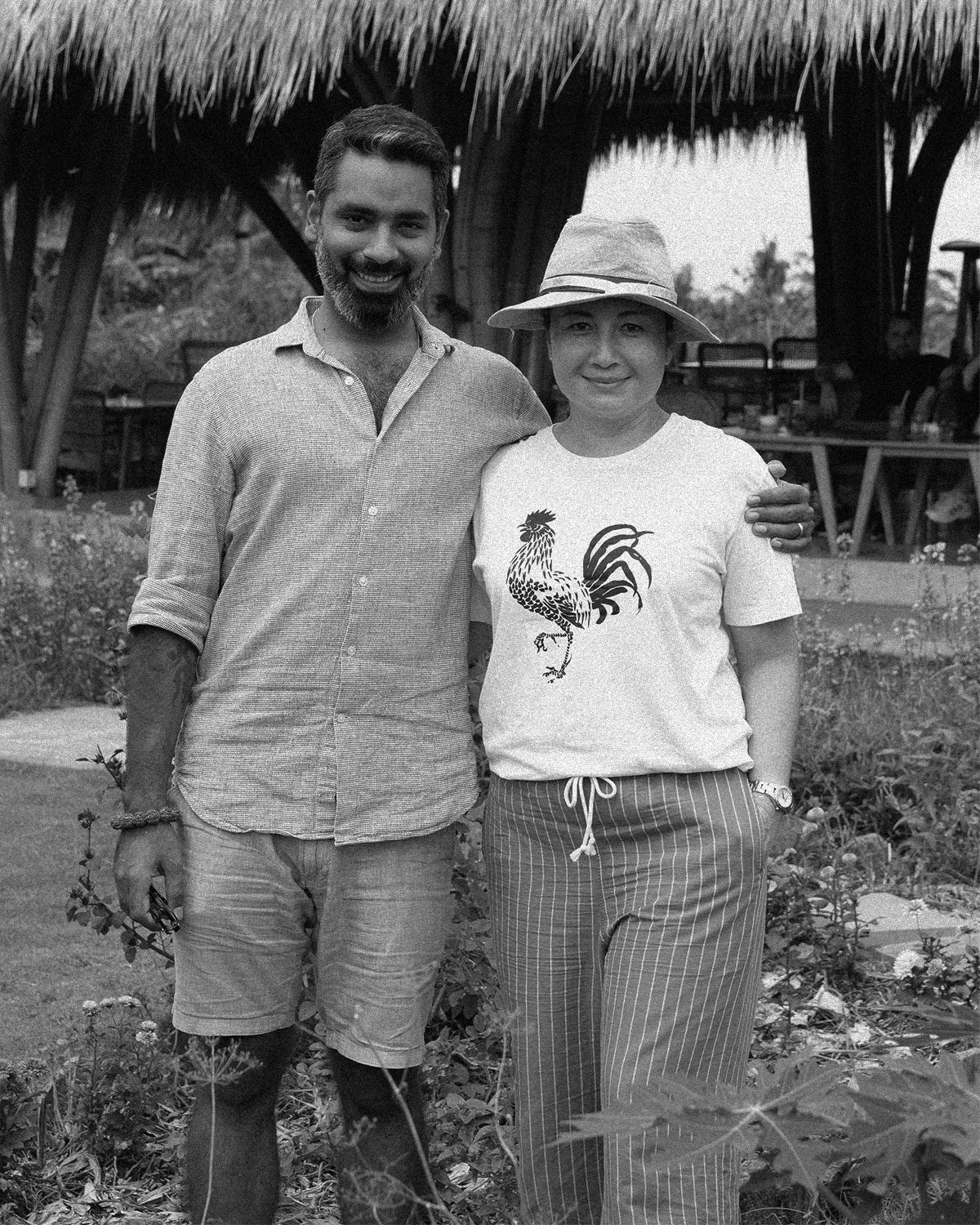
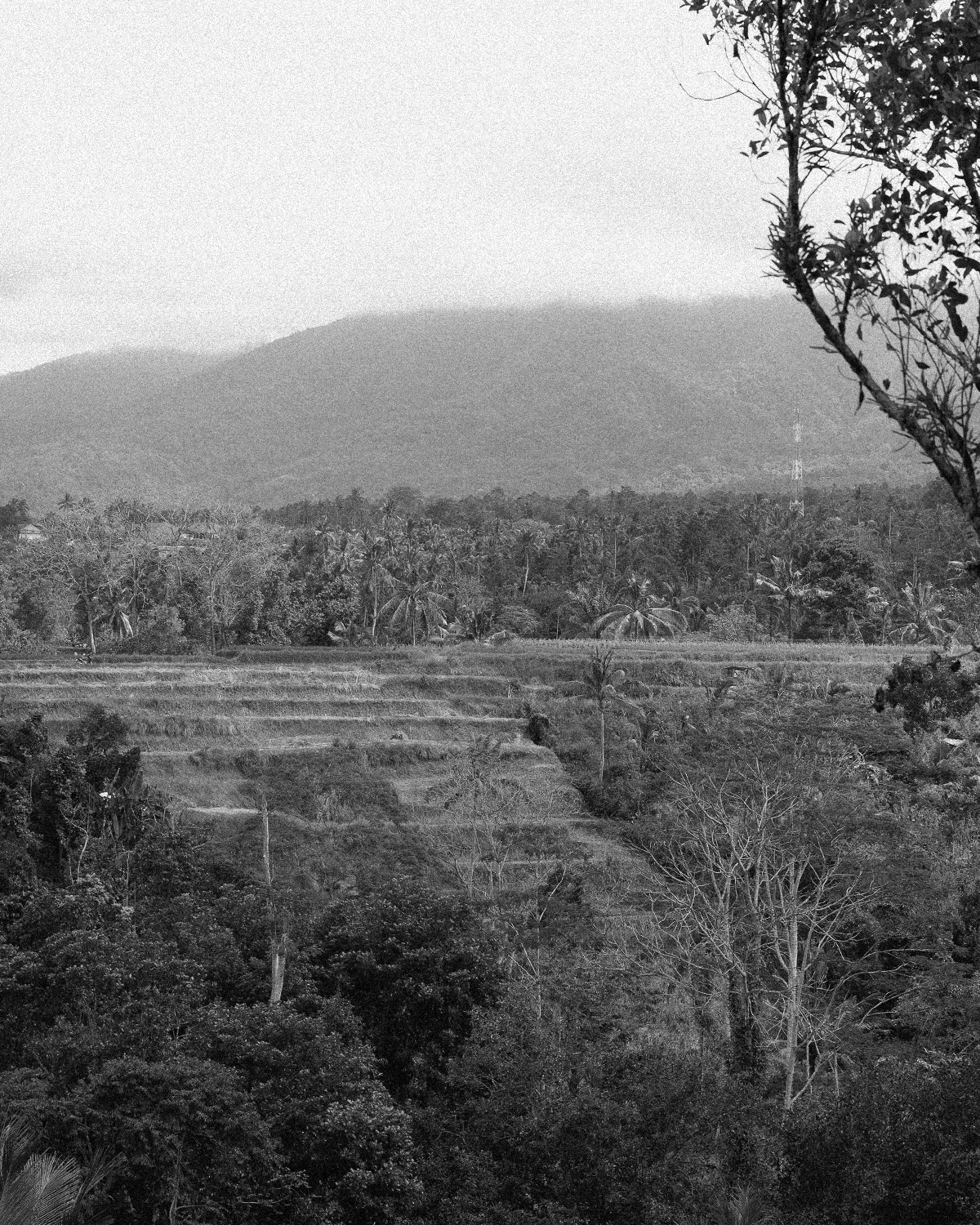
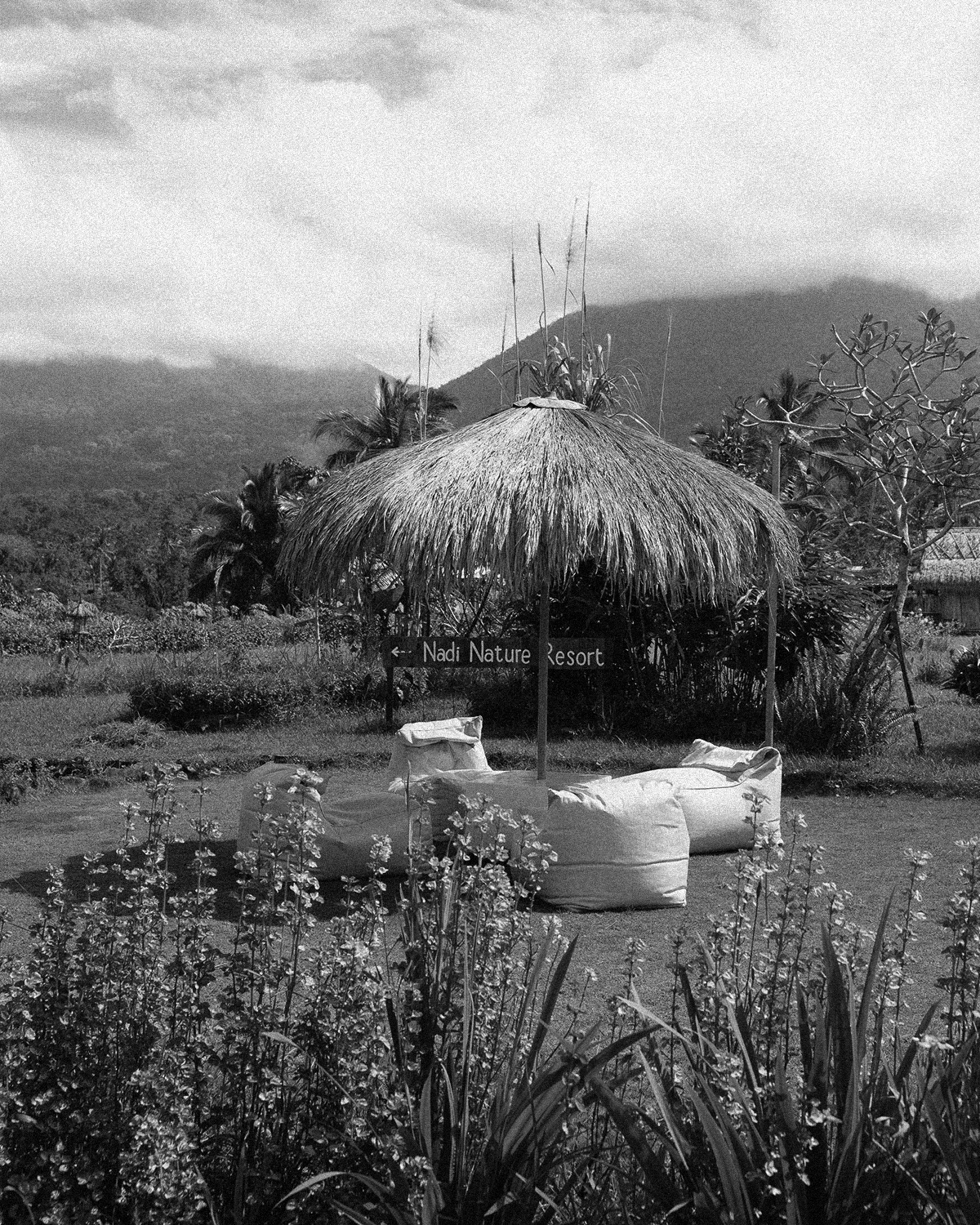
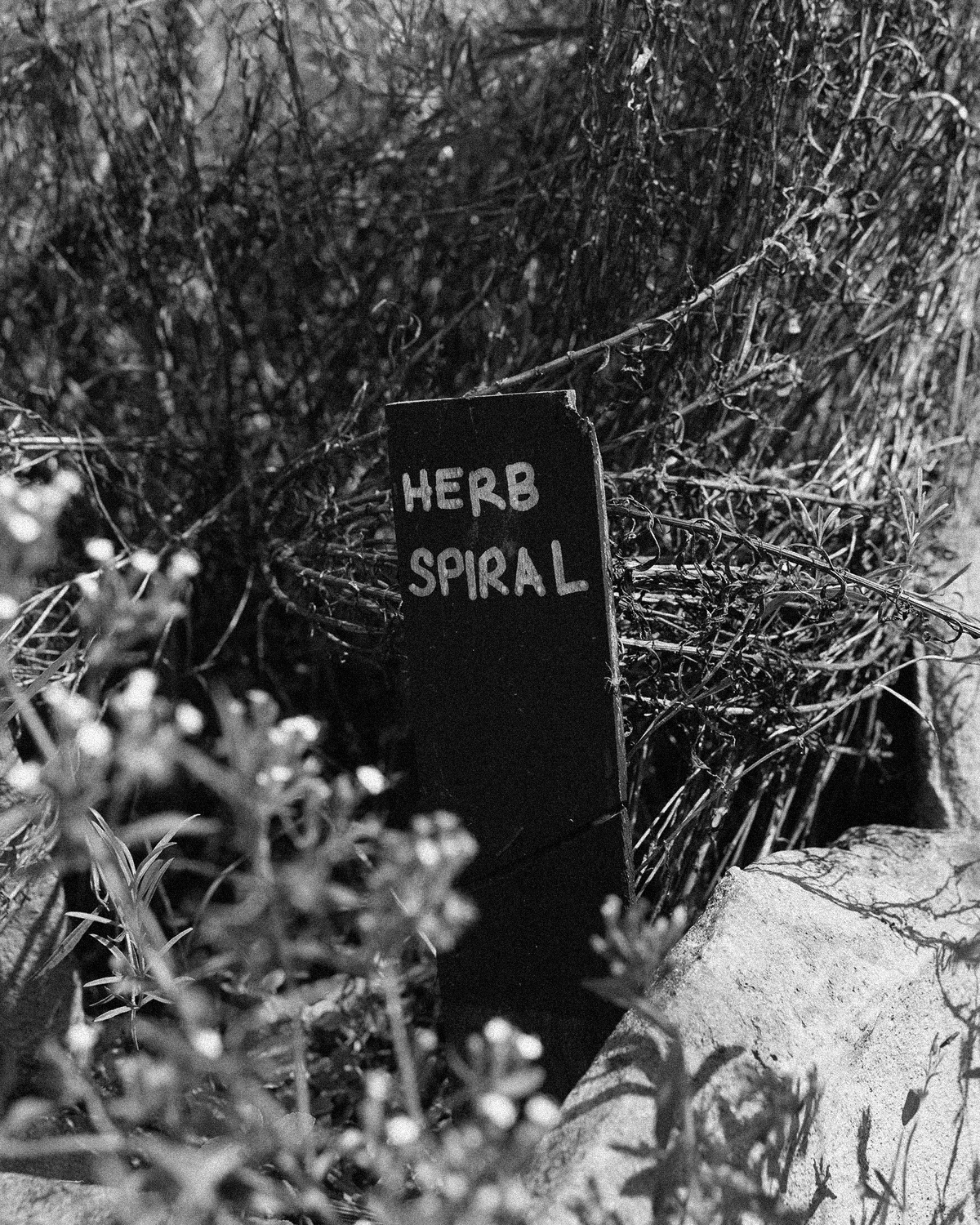
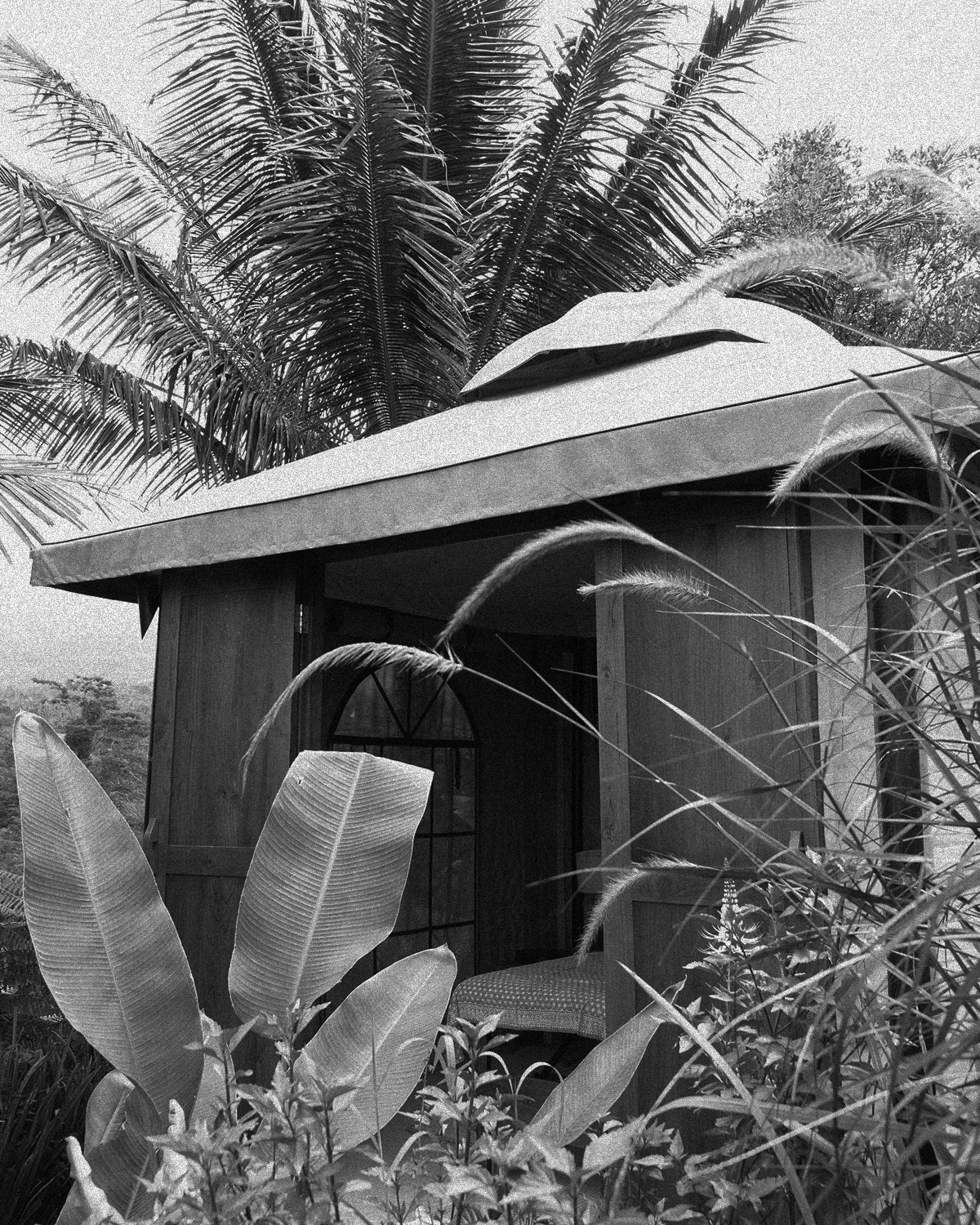
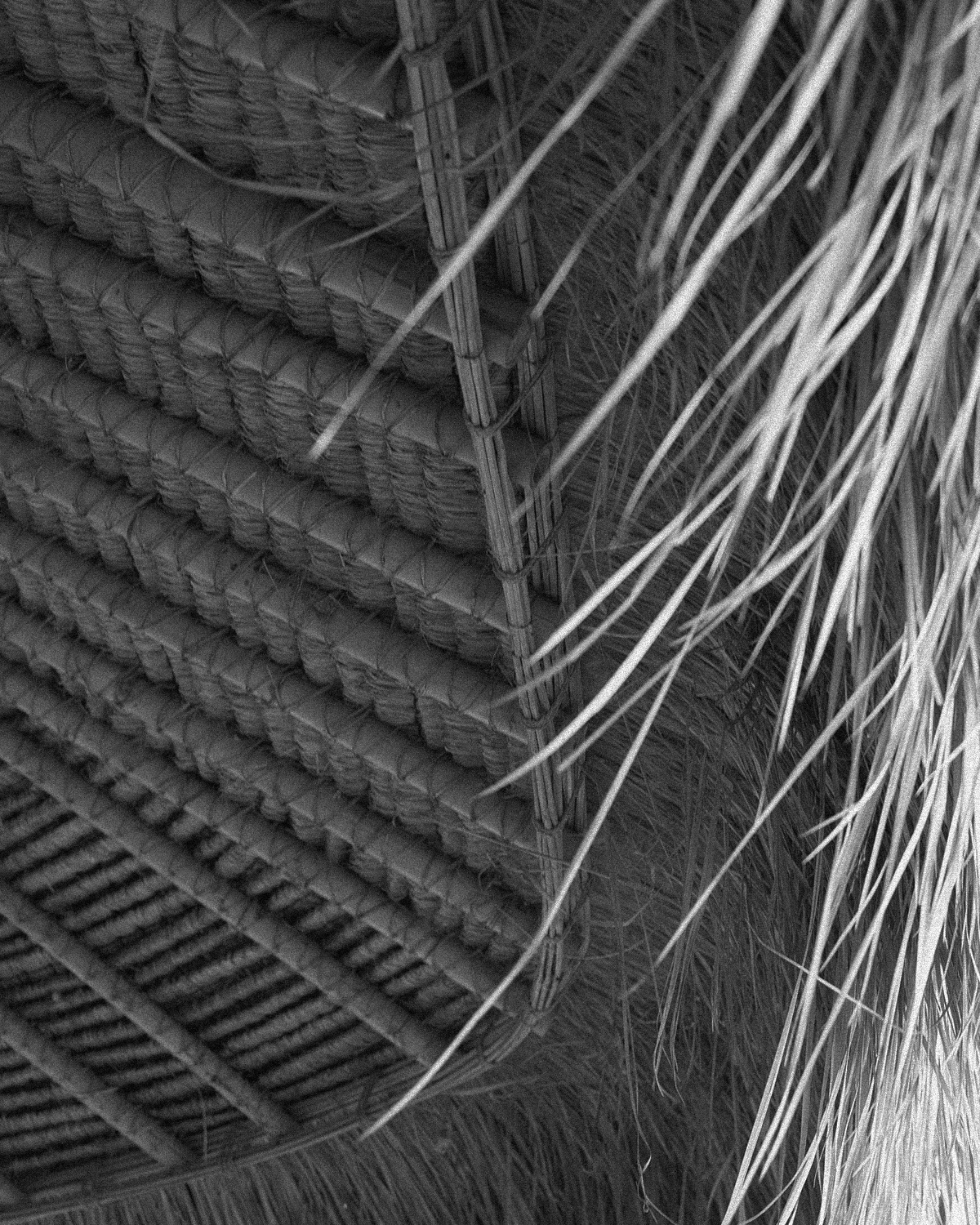

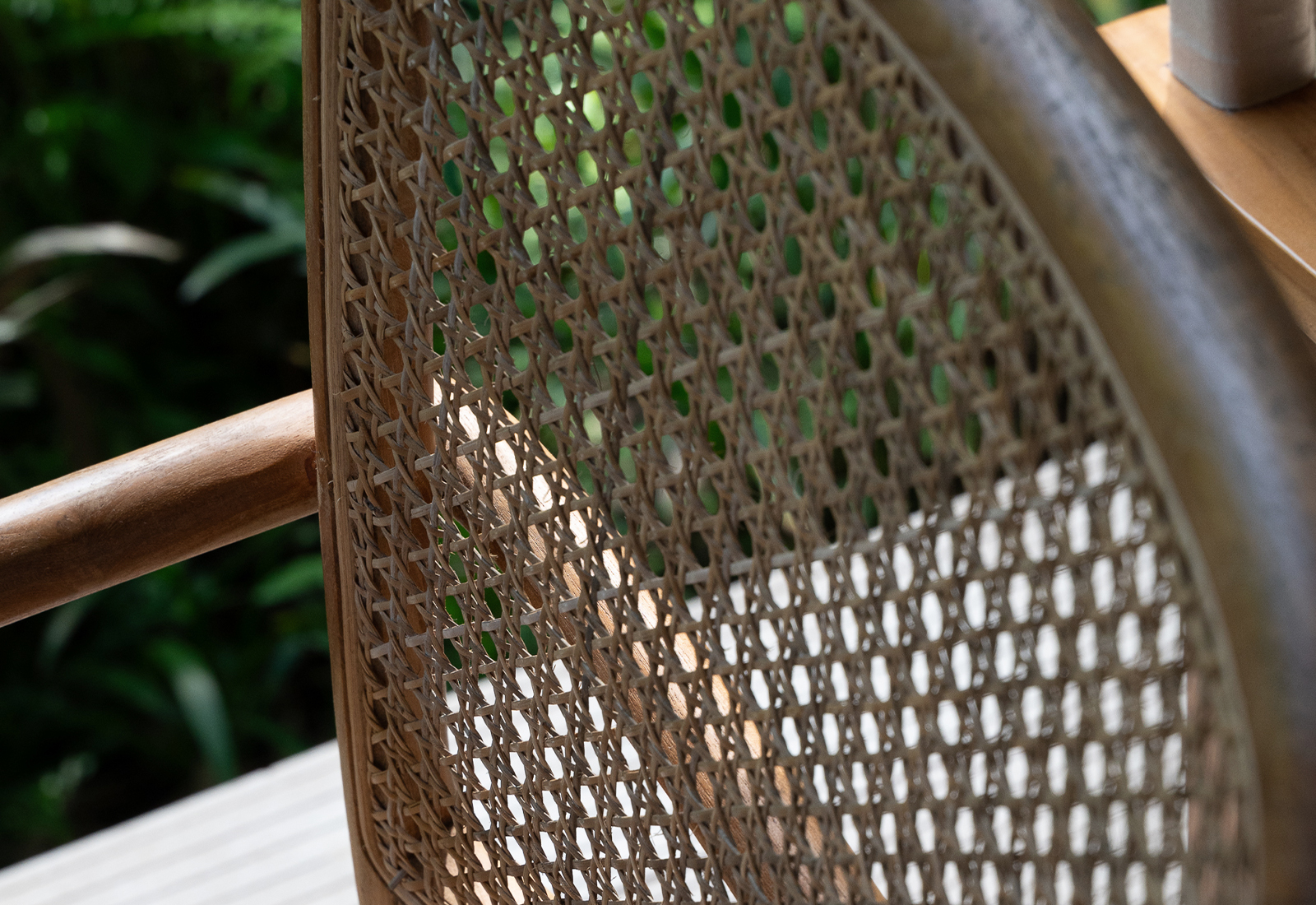
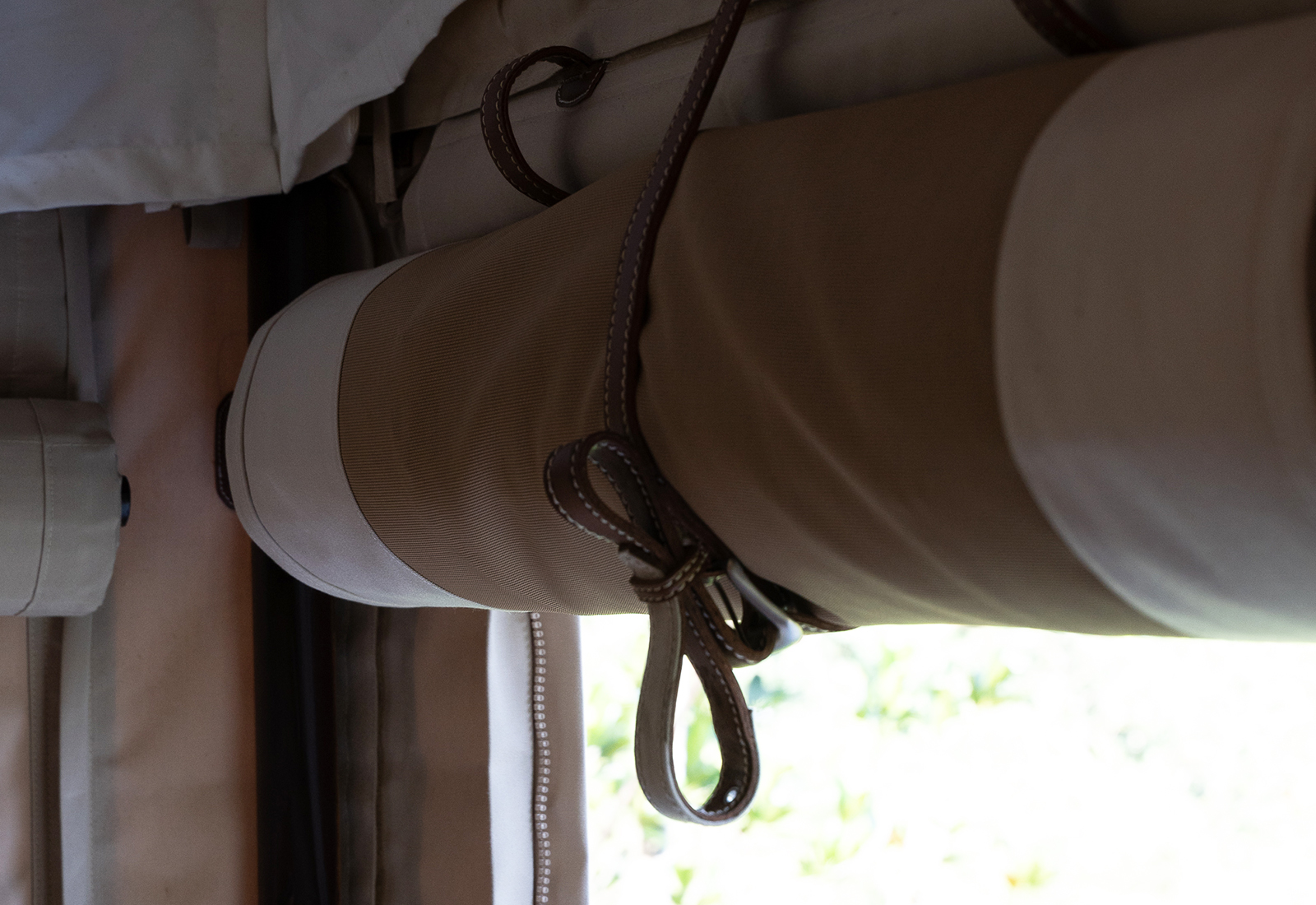
THE CLOSED-LOOP PHILOSOPHY
Nothing at Nadi stands alone. A café hums beside a farm; a retreat finds its pulse in soil. The whole thing breathes – composting, repurposing, rebalancing – looping back again. Not as a gimmick, but as a quiet promise: that nothing, not a peel, not a plastic lid, not a thought, should be thrown away. Kitchen waste and meal scraps return to the earth as compost or fermented fertilizer. Plastic containers, where unavoidable, become tools for the greenhouse–handles, scoops, vessels for growth.
All recyclables go to Joseph, a teenage recycler with a mission: transform waste into tuition for underserved kids across Indonesia. “It’s more than just waste,” Aishah says. “It’s possibility.” Lately, the loop has stretched outward. Fruit and vegetable waste from nearby suppliers – once destined for methane-heavy burial – is now collected in bins offered by Nadi. Worms turn it into castings; heat turns it into rich, black soil. The resort, once carbon neutral, now stands carbon positive.
Water, too, is reverent. Rather than drill into the shrinking groundwater below, Nadi cups water from a natural spring above. What it doesn’t need, it gives back. What it does, it cleans–through sand, silica, UV light, charcoal, clay. This water moves through every room, every meal, every sip, like a soft undercurrent.
The architecture mirrors the ethic. Tents hover above the land on floors made from sawdust and recycled plastic. No concrete. Just a canopy that invites rain to fall through, wind to slip beneath, and the forest to keep breathing.
A LIVING COMMUNITY
If Punit brought the rhythm of the plate, Aishah brought the architecture of ethics. Their partnership, both personal and professional, moves like counterpoint: his sensibility for flavor brought in the echo of wine cellars; her insistence that the systems behind the scenes work just as beautifully as what’s served.
Nadi Farm Café tells this story in flavor. A Rajasthani curry lands beside a salad of seasonal Balinese greens. Jatiluwih red rice replaces basmati. Sauces are born from surplus. Tomato chutney one day, onion relish the next. Food here doesn’t conform to consistency – it listens to the land.
To stay at Nadi is to witness a living community. The staff – mostly young adults, all Balinese, many from the nearby village of Angsari – are learners, leaders, gardeners, and guides. Some came with no experience, just willingness. Others are artists whose work now hangs on Nadi Café’s walls, turning the space into an impromptu gallery for Tabanan’s unseen talent.
Local children, through partnerships with Joseph’s Recycling (led by a 13-year-old changemaker), are learning to see trash as a resource, not failure. A priest from the village leads purification ceremonies at the ancient shrine on Nadi’s land. A former spa therapist returns from Jimbaran to offer a healing touch. A poacher-turned-guide now teaches jungle survival – not how to capture the wild, but how to belong to it.
Each guest writes their rhythm. Some rise to the chorus of water and walk straight into the forest. Others linger in bed until breakfast is delivered–eggs warm from the coop, tea steeped in ginger grown down the slope. Days unfold slowly: a foraging walk here, a soak in a nearby hot spring, a book and a beanbag under a mountain sky.
Evenings soften with herbal oil massages, glinting fireflies, and the sound of rainfall against canvas. The experience is quiet. Not silent, but full of the sounds that remind you you’re somewhere true. Children under 12 aren’t usually guests, not because they’re unwelcome, but because the land asks for a different pace. Steep paths and open water call for presence. And here, presence is everything.

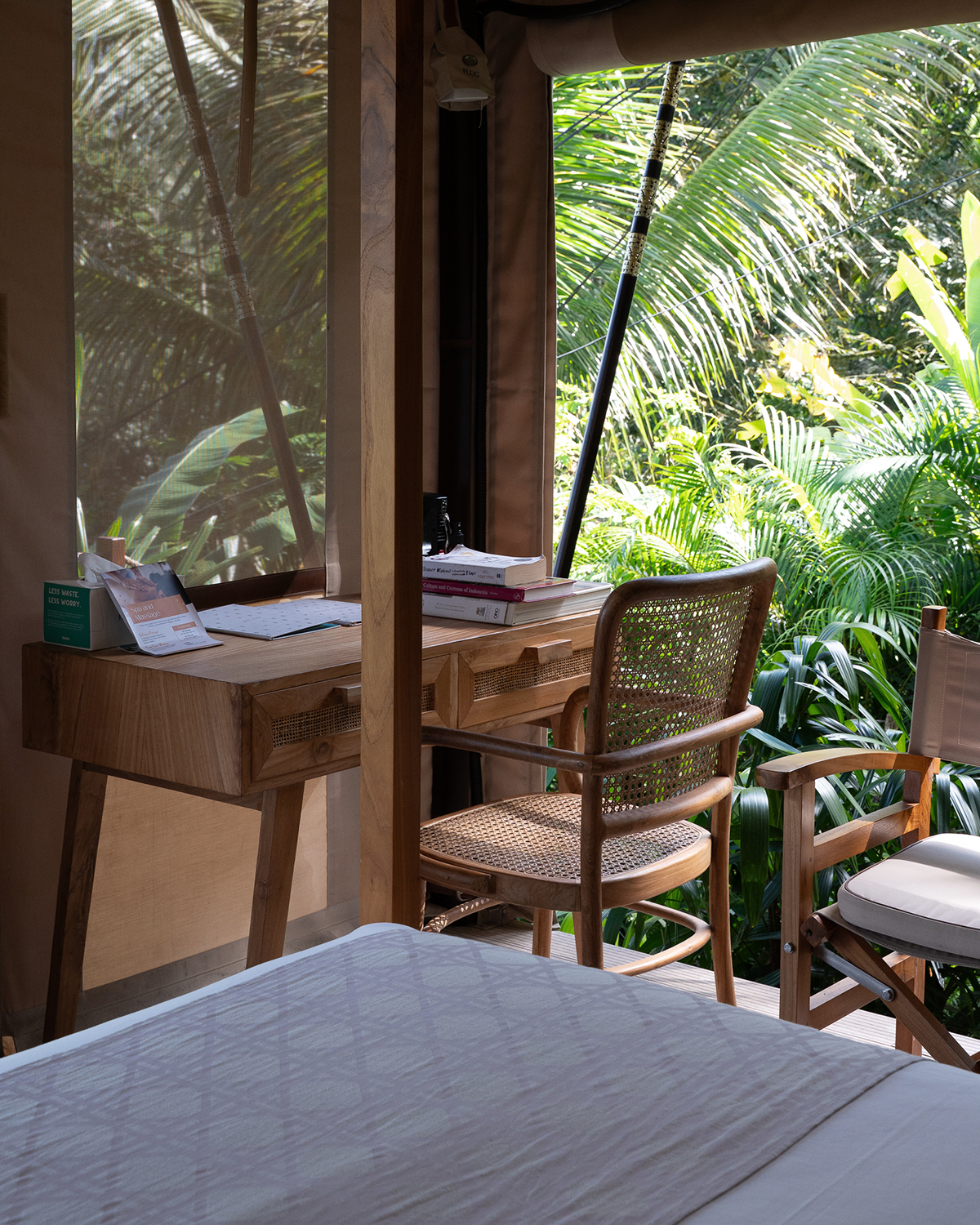
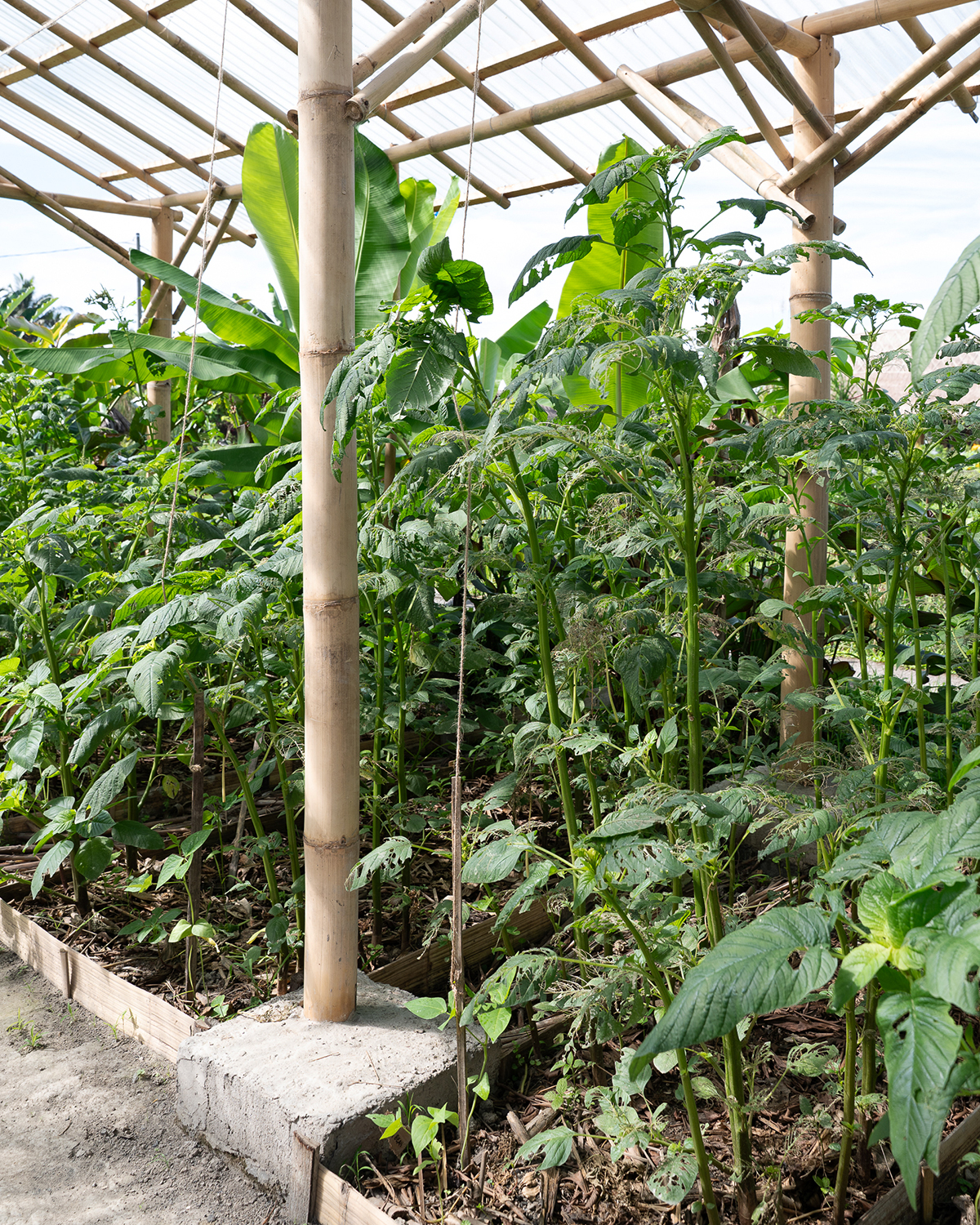
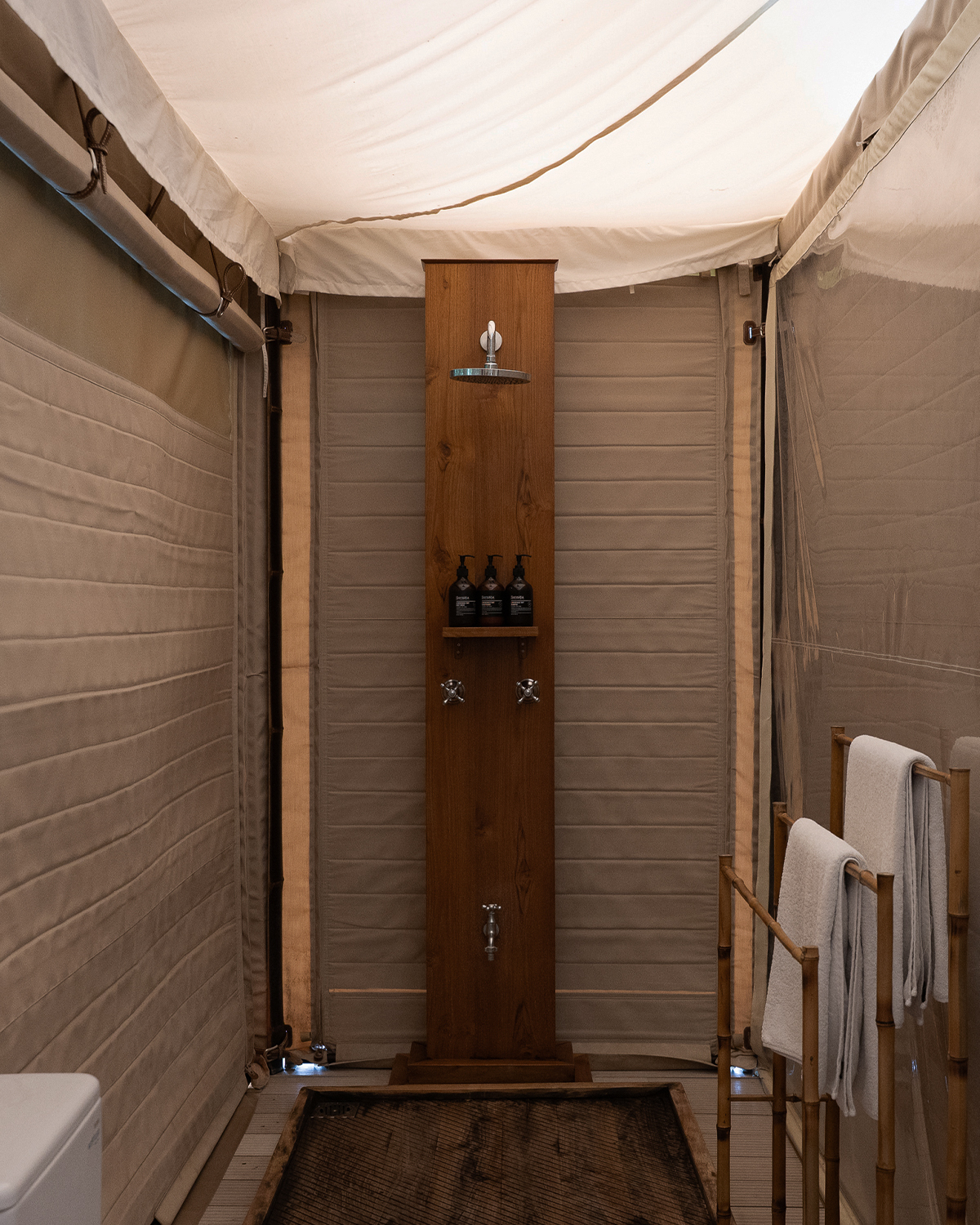
WHAT COMES NEXT
The future Aishah sees is not more resorts. It’s more responsibility. A framework where regenerative hospitality isn’t the exception but the baseline. Where the next generation sees soil and story as linked, and where sustainability no longer requires a footnote – it simply is.
"We’re not trying to be unique," she says. "We’re trying to be honest." At Nadi Resort, honesty looks like compost. It tastes like dragonfruit, still warm from the vine. It sounds like birdsong at daybreak, and the breath you didn’t know you were holding. This is not an escape. It’s return. Where the river bends, something always grows.
EXPLORE THE PUNCH

